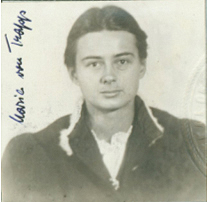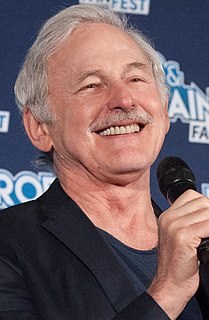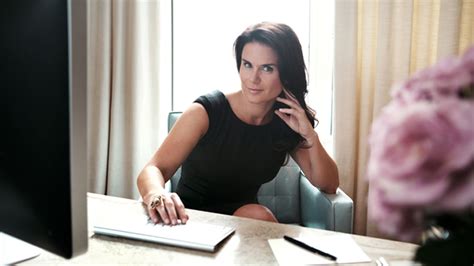Цитата Гарольда Пинтера
Персонаж на сцене, который не может представить убедительных аргументов или сведений о своем прошлом опыте, своем нынешнем поведении или своих устремлениях, а также дать всесторонний анализ своих мотивов, так же законен и достоин внимания, как и тот, кто, что тревожно, может это сделать. все эти вещи.
Связанные цитаты
Бог, приближающийся из любви, продолжал Святой Отец, ходит со Своим народом, и это хождение достигает невообразимой точки. Мы никогда не могли себе представить, что один и тот же Господь станет одним из нас и будет ходить с нами, будет присутствовать с нами, присутствовать в Своей Церкви, присутствовать в Евхаристии, присутствовать в Своем Слове, присутствовать в бедных, Он присутствует, ходит с нас. И это близость: пастух близок к своему стаду, близок к своим овцам, которых он знает, одну за другой.
Изначально структура была. . . современный рассказчик, который периодически появлялся и рассказывал о своих воспоминаниях о своей бабушке, которые затем сопоставлялись со сценами из прошлого. Но истории из прошлого всегда были интереснее того, что происходит в настоящем. Я нахожу это почти эндемичным для современных пьес, которые колеблются между прошлым и настоящим. . . . Так что по мере того, как мы продолжали работать над GOLDEN CHILD, сцены из прошлого стали преобладать, и все, что осталось от настоящего, — это две маленькие подставки для книг, обрамляющие действие.
История, по словам Буркхардта, — это «запись того, что одна эпоха находит заслуживающей внимания в другой». Прошлое понятно нам только в свете настоящего; и мы можем полностью понять настоящее только в свете прошлого. Дать человеку возможность понять общество прошлого и усилить свое господство над обществом настоящего — вот двойная функция истории.
В зависимости от года или психотерапевта, к которому он обращался, он научился приписывать почти каждую грань своего характера психологической реакции на ссоры родителей: свою лень, свои чрезмерные достижения, свою склонность к изоляции, свою склонность к соблазнению, его ипохондрия, его чувство неуязвимости, его ненависть к себе, его нарциссизм.
В нынешнем веке человек доказывает свое отделение от своего Творца своим духом самодостаточности и решительного отвержения Бога. Нынешняя проблема между Богом и человеком заключается в том, примет ли человек оценку себя Богом, откажется ли от своей безнадежной борьбы с собой и возложит ли себя только на Бога, Которого одного достаточно, чтобы совершить необходимое ему преобразование.
Мастер в искусстве жизни делает мало различия между своей работой и своей игрой, своим трудом и своим досугом, своим умом и своим телом, своей информацией и своим отдыхом, своей любовью и своей религией. Он едва ли знает, что есть что. Он просто преследует свое видение совершенства во всем, что делает, предоставляя другим решать, работает он или играет. Для него он всегда делает и то, и другое.
Вся человеческая жизнь глубоко погрязла в неправде; индивидуум не может вытащить его из этого колодца, не впадая в глубокое раздражение всем своим прошлым, не находя бессмысленными свои нынешние мотивы (например, честь) и не противопоставляя презрения и пренебрежения страстям, влекущим человека к будущему и к счастью в нем. это.





































